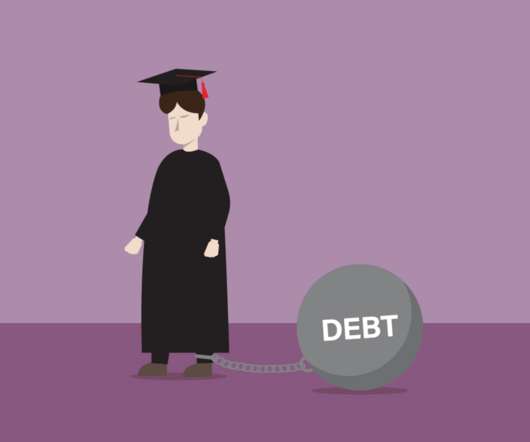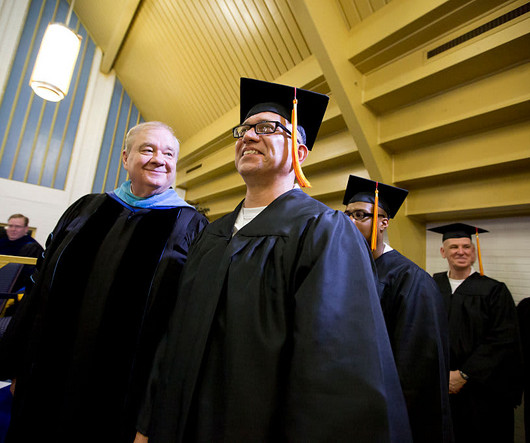Study: For Nearly One-Third of Students, Higher Ed Doesn’t Pay Off
BestColleges
MAY 21, 2024
The median ROI for a bachelor's degree is $160,000. It estimates that 43% of master's degrees aren't worth the cost. Department of Education's College Scorecard , among other sources, the report estimates the ROI for 53,000 degree and certificate programs based on student cohorts from 2015-16 and 2016-17.



















Let's personalize your content